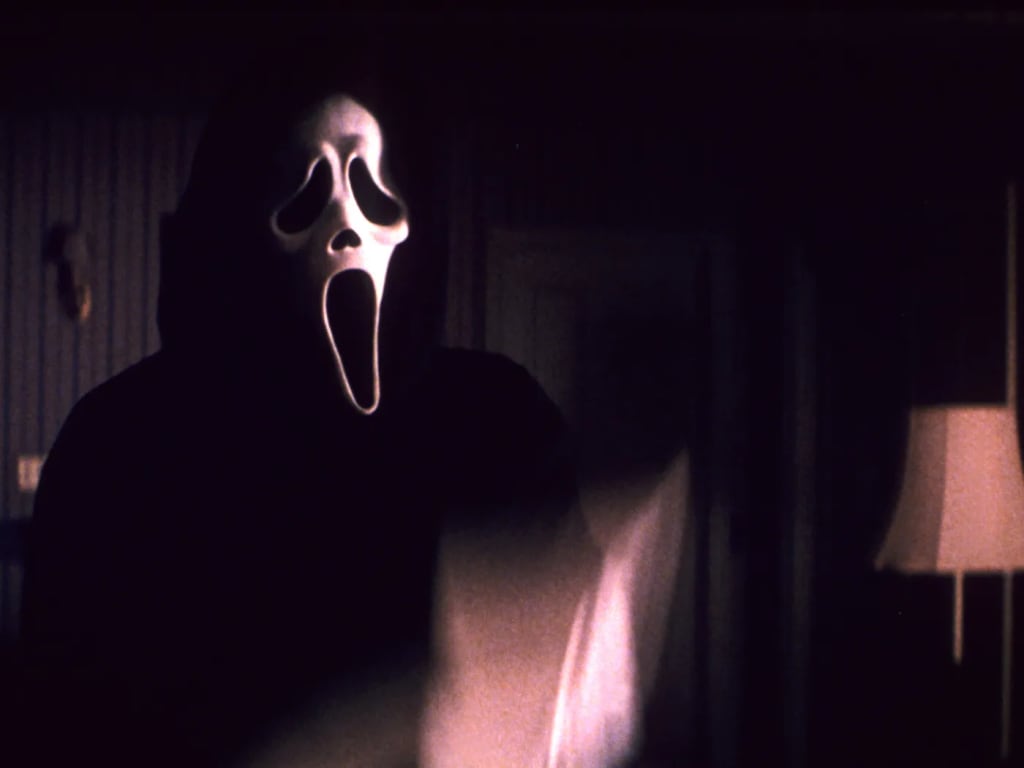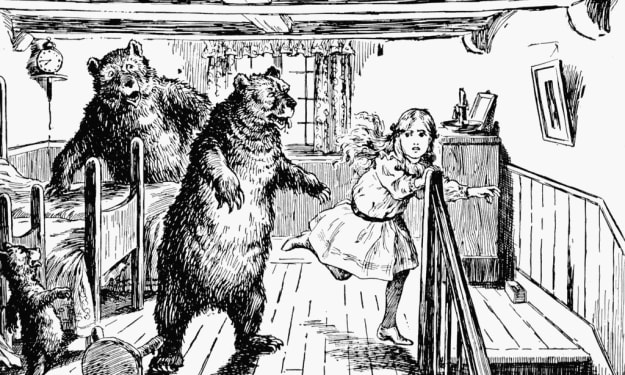How ‘Scream’ Explored the Exploitative Nature of the Nightly News
Twenty-five years ago, the first installment of the horror franchise hit theaters just as a national debate about on-screen violence reached a fever pitch

In 1993, journalist John Donvan received his first assignment as a writer and reporter on ABC’s Turning Point. He had just returned to the United States from Moscow after more than a decade abroad, covering disastrous global conflicts as a foreign correspondent. Donvan had been on the ground during the Gulf War, the Israeli invasion of Lebanon and paramilitary clashes in Northern Ireland. But when ABC tasked him with covering the trial of Danny Rolling—a Louisiana man charged with serial murders in Gainesville in 1990—he felt uneasy.
“I had been covering some pretty bad human tragedy. It was on a large scale, and it often had very major political consequences,” Donvan says. “This was the first time I did a story where the tragedy was all there was. And it was very, very personal.” Four years earlier, on August 20, 1990, a string of murders had rattled Gainesville, Florida, to its core. An unknown assailant pried open sliding glass doors, slipping inside to murder women and men seemingly at random. As attacks attracted a storm of national media attention, panicked Gainesville residents raced to purchase the local supply of guns and deadbolts. The Gainesville Ripper, a sensational (and notably flawed) book about the case published just after Rolling’s trial, hyperbolically describes fear and panic so intense that Gainesville took on the surreal feel of a horror film. “The toll had now reached five dead in forty-eight hours,” author Mary Ryzuk wrote. “And this time the murders occurred right on ‘Elm’ Street. ‘Freddie’ was on the loose.” Donvan’s episode of Turning Point aired in March 1994, when celebrated screenwriter Kevin Williamson was still a Hollywood hopeful desperate for a break. Though Williamson studied theater arts at East Carolina University and had been cast in a few small television parts, he needed to sell a script that could cover his overdue rent and car payments. In a 1998 interview, Williamson credited the Turning Point special with giving him a burst of inspiration. “[I] went off to the desert for three days, locked myself in a room, and I pounded it out,” Williamson recalled in a documentary.
The struggling screenwriter had to borrow $20 just to print a copy for his agent. But to his surprise, the script quickly became the subject of a full-blown bidding war—with interest from Universal, Paramount, Miramax and more. “The first thirty pages were perhaps the most compelling thirty pages of a script I have ever read,” producer Cathy Konrad later recalled. “I couldn’t put it down. I was terrified.”
How 'Scream' Explored the Exploitative Nature of the Nightly News
Scream (1996) IMDB
The movie was Scream. When it was released in December 1996, the Wes Craven-directed slasher shocked audiences with its graphic violence and delighted horror film fanatics with its witty, trivia-infused dialogue. The story follows high school student Sidney Prescott as she’s stalked and taunted by a movie-obsessed killer in a cheap Halloween mask. Williamson’s smart, layered satire and chilling scares revived American horror movies during a time when most went straight to VHS—and launched a franchise that maintained the original film’s tricky balance of fear and fun. “‘Scream’ was fantastic precisely because it was boldly upfront about its love for and emulation of slasher classics while concurrently discussing and poking fun at them,” wrote critic David Walber in a review praising Scream 4. Today, fans are eagerly awaiting a fifth installment due out this January, in which the original cast will reunite to confront a new killer intent on stirring up Woodsboro’s secrets. Though Williamson drew inspiration from the Gainesville murders, Scream doesn’t reenact the crimes. Instead, Scream weaves a surprisingly scathing critique of the way real-life trauma is laundered into news, then entertainment for the masses—the same mechanism that made Donvan so uncomfortable when he was tasked with approaching the grieving families of Rolling’s victims. The franchise’s core cast of characters includes Courtney Cox as Gale Weathers, a dogged television reporter who views the horrific events as a path to fame. “If I'm right about this, I could save a man's life,” Gale remarks while chasing a scoop. “Do you know what that would do for my book sales?”
How 'Scream' Explored the Exploitative Nature of the Nightly News
Courtney Cox played Gale Weathers, a dogged television reporter who views the horrific events as a path to fame. Paramount Pictures via Rodrigo Kurtz
Scream arrived just as a national debate about on-screen violence was boiling over. In February 1996, the New York Times published a dispatch from a Yonkers movie theater where middle schoolers freely bought tickets to R-rated movies. Though MPA ratings had been used since 1968, it was up to individual movie theater employees to enforce them—and Americans were increasingly worried that graphic on-screen sex and violence would lead to a drastic rise in antisocial behavior. “It is an assumption endorsed by a majority of Americans in polls and a theme beloved by politicians from conservative Republicans to President Clinton,” the article noted.
About the Creator
Syed Huzaifa Waqas
I'm A Teenager that is an Introvert But Loves story, drama, suspense, and curosity. I Love These Kind Of Things So I decided to write About Them. Hope You Would Love My Articles.
Reader insights
Outstanding
Excellent work. Looking forward to reading more!
Top insights
Compelling and original writing
Creative use of language & vocab
Easy to read and follow
Well-structured & engaging content
Excellent storytelling
Original narrative & well developed characters
Expert insights and opinions
Arguments were carefully researched and presented
Eye opening
Niche topic & fresh perspectives
Masterful proofreading
Zero grammar & spelling mistakes
On-point and relevant
Writing reflected the title & theme






Comments (1)
Also read this short horror story based on true event https://vocal.media/fiction/the-haunting-of-ravenwood-manor-dq460z3l